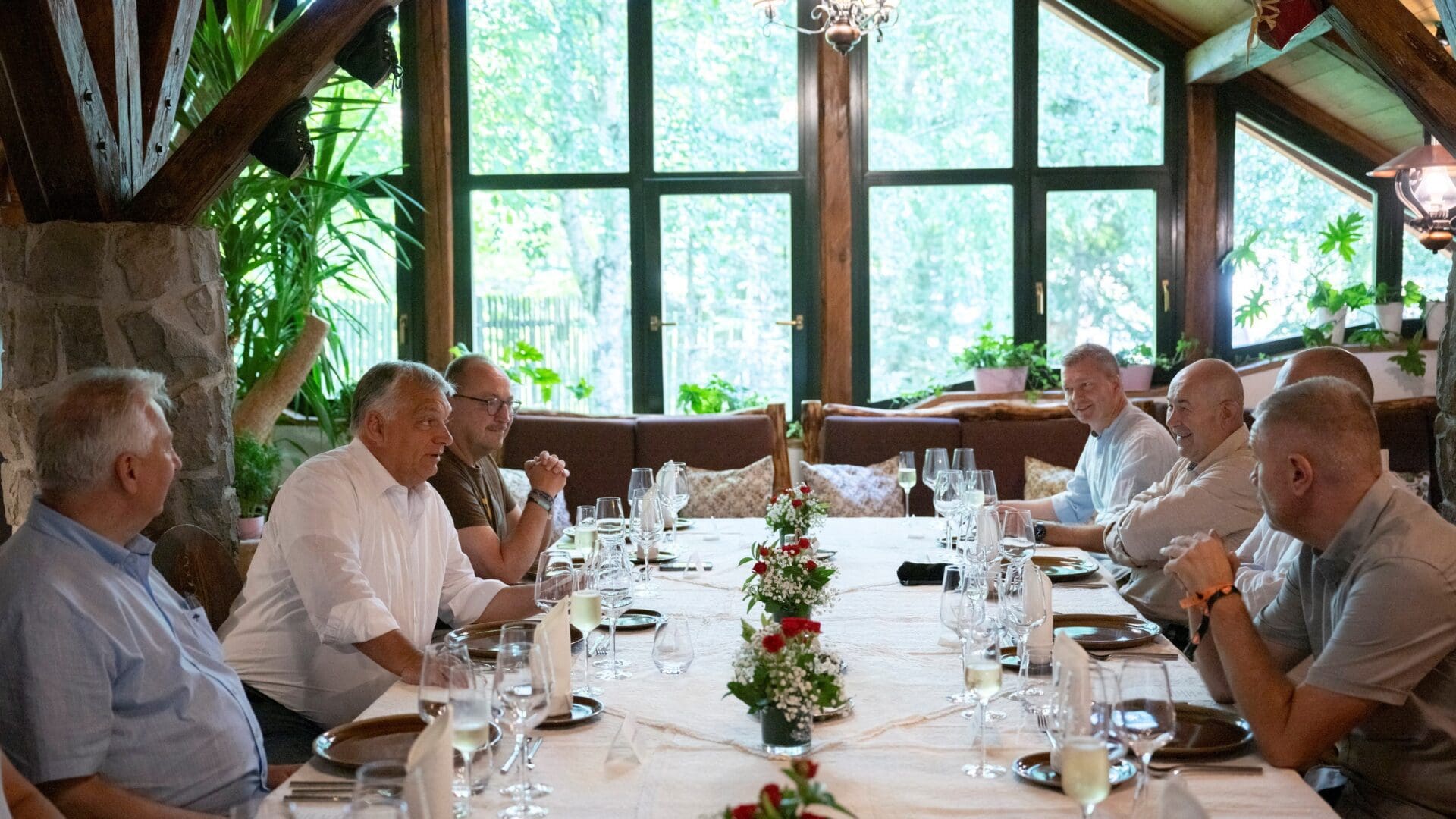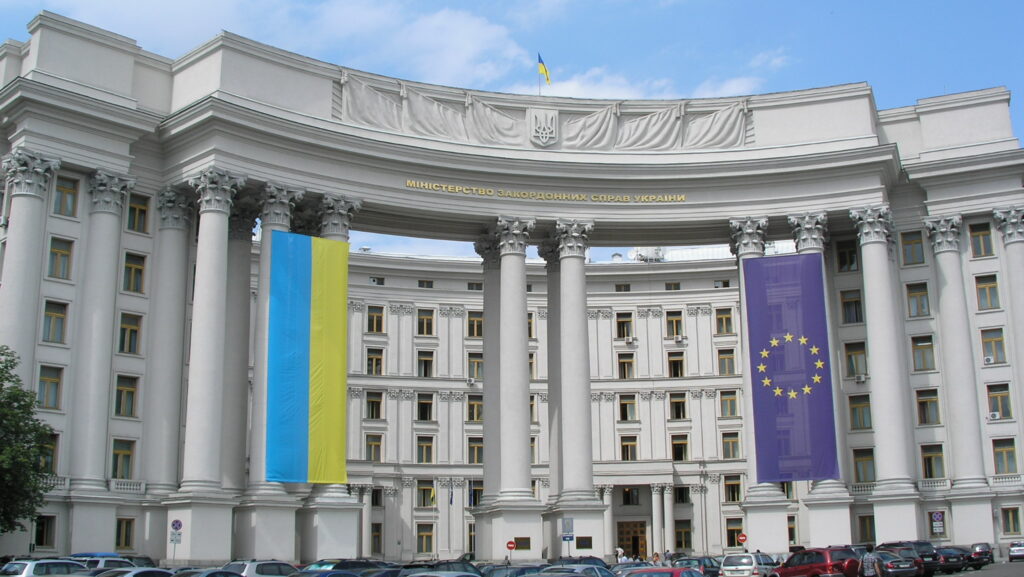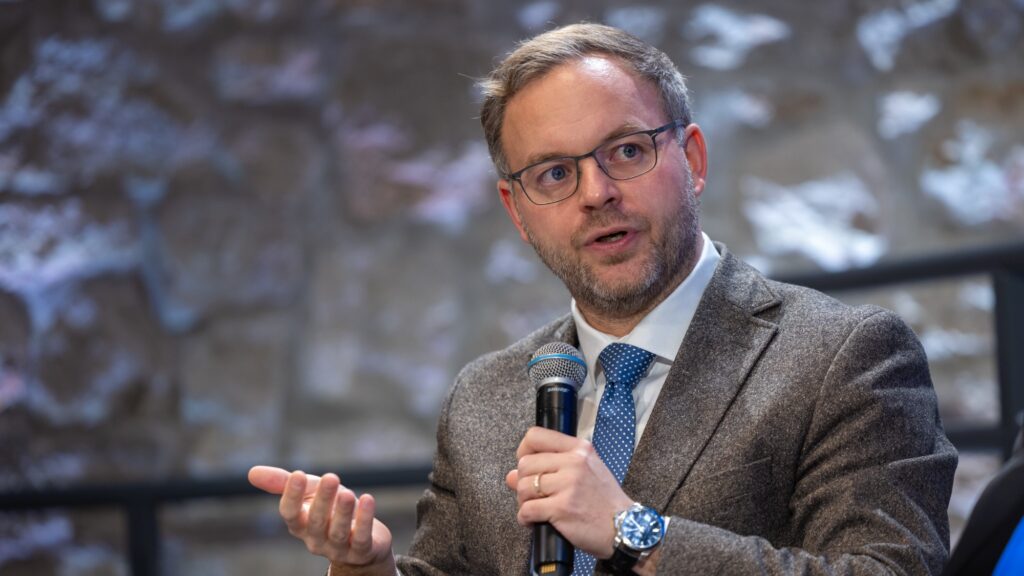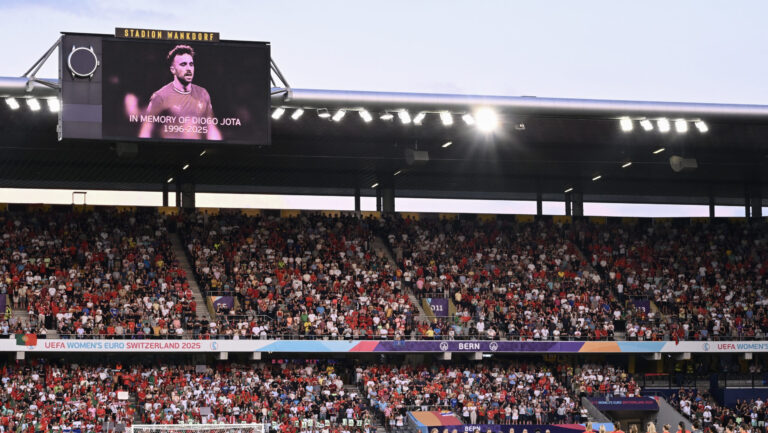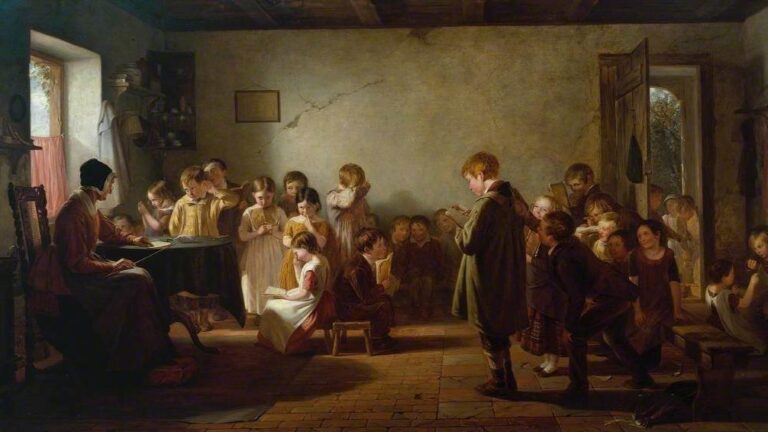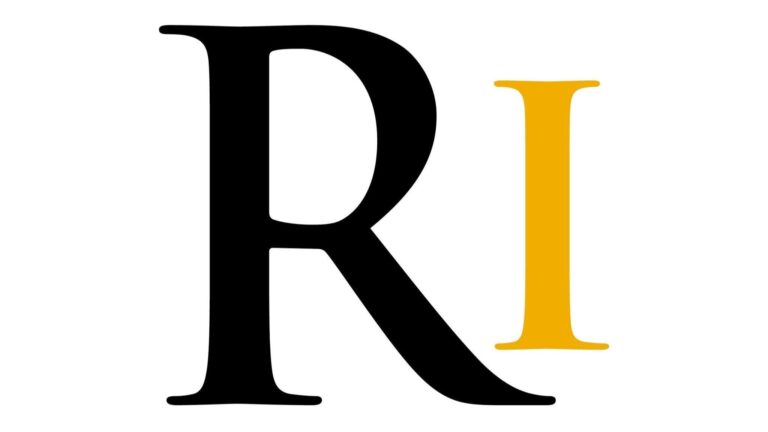The third day of Tusványos remained as eventful as the previous one, with many prominent Hungarian government officials taking the opportunity to share their thoughts on stage. What follows is a brief recap of the most important points they made. To catch up on what is happening at Tusványos, you can click here.
Viktor Orbán
On the sidelines of the 32nd Bálványos Summer Camp in Transylvania on Friday, Prime Minister Viktor Orbán and his deputy Zsolt Semjén held talks at
a working lunch with the leaders of cross-border Hungarian communities on Friday,
Orbán’s press chief Bertalan Havasi said.
The talks focusing on the current issues of Hungary’s national strategy were attended by Hunor Kelemen, president of the Democratic Alliance of Hungarians in Romania, Krisztián Forró, head of the Party of the Hungarian Community, István Pásztor, head of the Alliance of Vojvodina Hungarians, Robert Jankovics, head of the Democratic Union of Hungarians of Croatia, Dušan Orbán, head of the National Community of Hungarian Municipalities of Prekmurje (Slovenia), János Nagy, state secretary heading the Prime Minister’s Office, Zsolt Németh, head of parliament’s Foreign Affairs Committee, MEP and ruling Fidesz deputy leader Kinga Gál, and MEP Andrea Bocskor, Bertalan Havasi said.
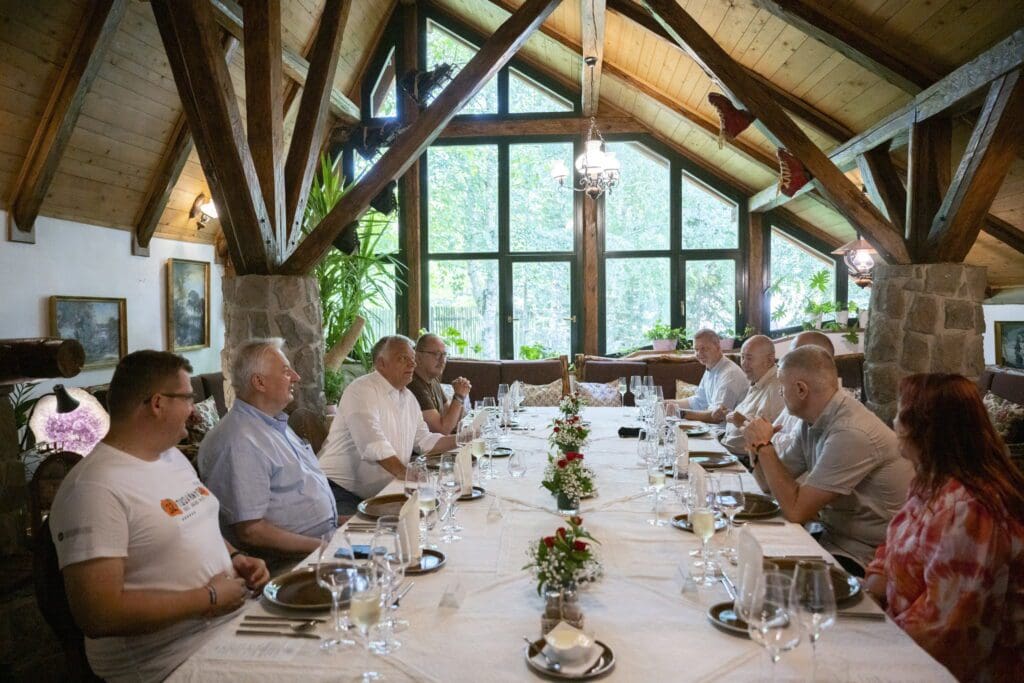
Viktor Orbán will hold his yearly speech at Tusványos on Saturday, 22 July.
Zsolt Semjén
Deputy Prime Minister Zsolt Semjén announced the establishment of a Virtual National Space, within which every Hungarian citizen will have access to the entire Hungarian public media with a simple registration, an IP address, and a digital citizenship. He made this announcement during the National Roundtable, stating that this virtual aspect of national unification
will essentially resolve issues related to the broadcasting of sports, cultural, and public programmes.
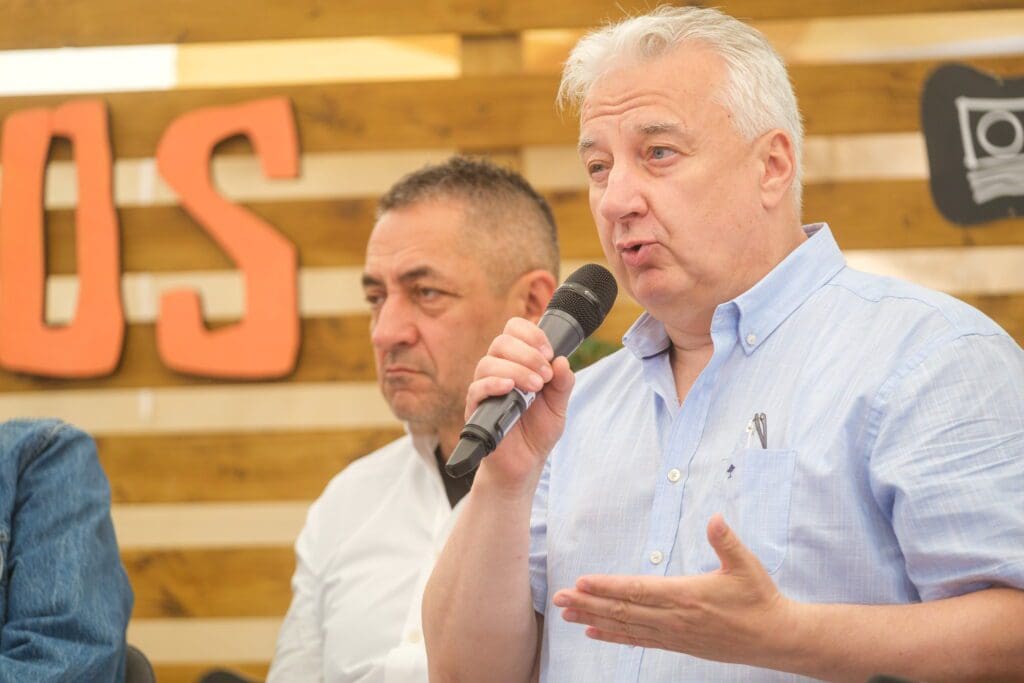
Zsolt Semjén also presented the achievements of the government’s nation policy since 2010, citing concrete figures. He highlighted that the Hungarian state has increased the one-off educational subsidy available to those families who enrol their children in Hungarian language schools to 100,000 forints, five times the previous amount. ‘This is a strong message indicating the crucial importance for the Hungarian state that Hungarian children living abroad attend Hungarian schools,’ he emphasised.
János Bóka
‘The Hungarian EU Presidency offers broad opportunities for representing Hungarian interests and priorities,’ János Bóka, the incoming minister responsible for European Union affairs said during a podium discussion titled ‘Age of Crises’.
The minister, who will assume office on 1 August, emphasised the importance of restoring and strengthening the European Union’s declining competitiveness in some way. Outlining his plans for the new portfolio he will be overseeing, he noted that there will be a mid-term review of the EU cohesion policy, to ensure that it remains a crucial element determining the organisation’s activities in the next seven-year budget cycle, based on the current contractual objectives.
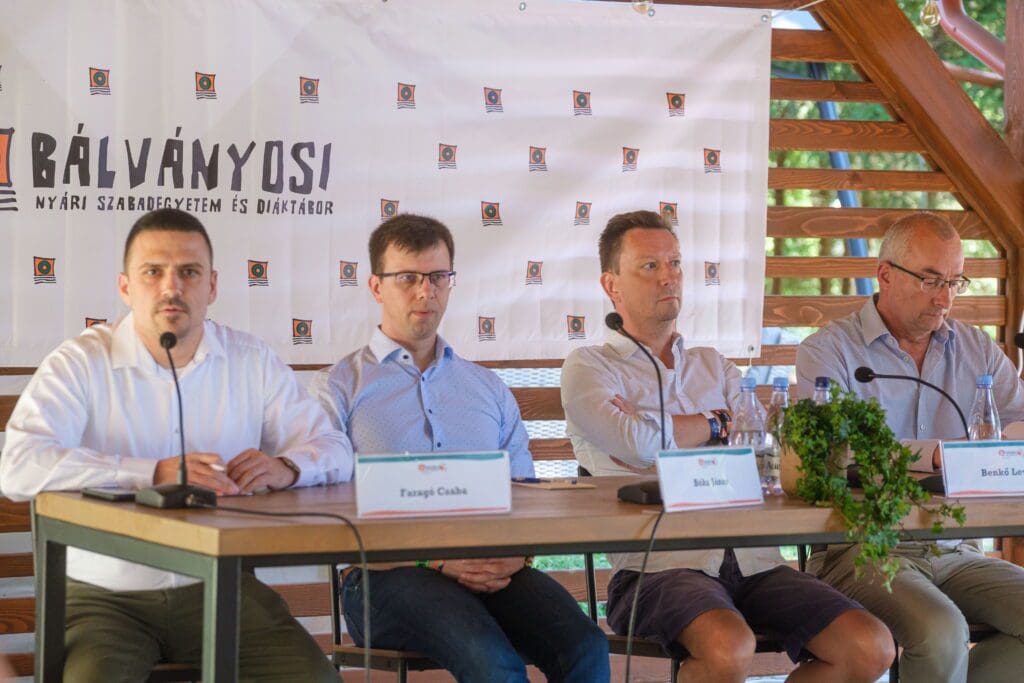
The minister also wishes to continue the efforts related to
enforcing those elements of the EU’s migration policy that enjoy consensus within the European community.
These include the reinforcing of external borders, cooperating with third countries to manage migration pressures effectively. The freshly established ministry will work towards achieving progress in the enlargement process regarding all candidate and potential candidate states.
Kristóf Szalay-Bobrovniczky and John O’Sullivan Discussed the NATO Summit
Minister of Defence Kristóf Szalay-Bobrovniczky highlighed in his remarks at Tusványos that Hungary is equipping its military with what are known as kamikaze drones, armed with cruise missiles.
During a panel discussion titled ‘Strength is Needed for Peace! — After the NATO Summit’ he participated in along with Danube Institute President John O’Sullivan, Szalay-Bobrovniczky reported that the modernisation of the Hungarian armed forces, including equipment development, is progressing rapidly. He explained that the Hungarian military is undergoing a complete modernisation, with the replacing of the remnants of outdated Soviet technology with new equipment.
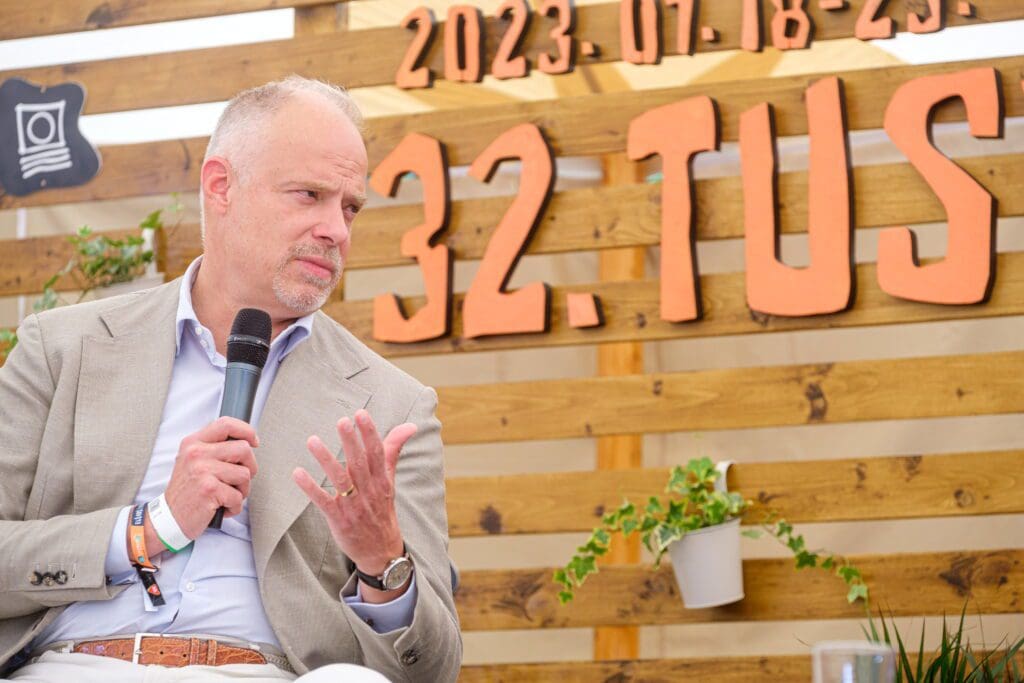
He also emphasised that Hungary’s military development has a European focus,
particularly oriented towards the German and French defence industries.
In fact in 2021, Hungary surpassed the United States and became the largest customer of the German defence industry. Last year, Hungary was the second-largest buyer after Ukraine, with a purchase value of approximately one billion euros.
The moderator of the discussion, Chairman of Parliament’s Defence Committee Lajos Kósa opined that the most interesting about the NATO summit is perhaps what did not happen, with the defence minister acknowledging the Ukraine was indeed not invited to join NATO as some may have expected.
John O’Sullivan highlighted that since Russia invaded Ukraine last February, there have been two important developments: on the one hand, the Alliance has become stronger, and on the other hand, ‘we are less afraid of Russia now’, although, he added, we still have reason to fear it as it is a great nuclear power.
Speaking with liberal commercial television channel RTL Klub Kósa also noted that the most useful assistance to Ukraine would if Western countries helped rebuild their roads, factories and the destroyed homes, rather than giving them ‘15 more Leopards that they will use up in a month’s time.’
Related articles:
Source: Hungarian Conservative/MTI

